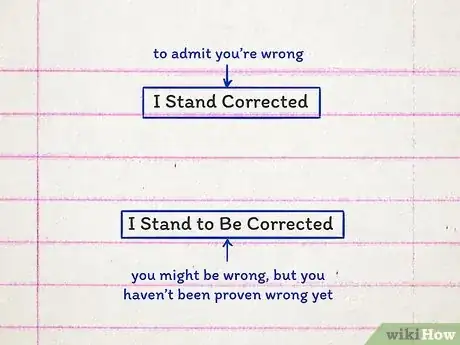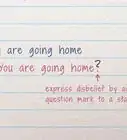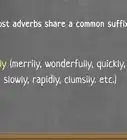Co-authored by
Christopher Taylor, PhD
X
This article was co-authored by Christopher Taylor, PhD. Christopher Taylor is an Adjunct Assistant Professor of English at Austin Community College in Texas. He received his PhD in English Literature and Medieval Studies from the University of Texas at Austin in 2014.
This article has been viewed 6,553 times.
Idioms can be tricky to figure out, and the phrase “I stand corrected” is definitely a tough one. Maybe you’ve seen it in books or heard it in movies, but what does it really mean? When is it appropriate to use? Is it rude to say? You’ve got questions, and we’ve got the answers! Continue reading for a comprehensive breakdown of the meaning, situations you can use it in, and common confusions around this expression.
Steps
Section 1 of 4:
What does “I stand corrected” mean?
-
“I stand corrected” means you agree that you were wrong. It’s a way of acknowledging your mistakes, and can refer to actions, words, or opinions. You can think of it as the more formal version of the modern slang phrase “my bad”.[1] X Research source
- Another way to think about this phrase is to picture the literal image it describes – you are standing where you are, acknowledging that you are being corrected by someone or something.
Advertisement
Section 2 of 4:
When to Say “I Stand Corrected”
-
1Say “I stand corrected” when someone corrects you. This is the most common scenario. If you say an incorrect fact and one of your friends corrects you. You might reply with “I stand corrected” to acknowledge what you’d said was wrong, and to show you agree the new information they said is right.
- You: “There’s no way that movie has been out for more than 10 years!”
- Your friend: “I just looked it up, it came out 12 years ago.”
- You: “Well, I stand corrected then.”
-
2Use “I stand corrected” when a situation proves you wrong. You can say this phrase even if no one corrects you, because sometimes the circumstances will correct you! Making predictions, bets, or quick assumptions will often lead to you saying “I stand corrected”.
- Perhaps you’d said you thought green juice was gross, but after trying it you find you like it a lot. Your previous opinion was proven wrong by the event of actually liking green juice. You could say “I stand corrected. Green juice is great!”
- You predict it won’t storm, and then later that afternoon it does. Your prediction was proven wrong by the fact that it did rain. This is another situation where the phrase “I stand corrected” would work well.
Advertisement
Section 3 of 4:
“I Stand Corrected” vs “I Stand to Be Corrected”
-
“I stand corrected” and “I stand to be corrected” have different meanings. These two phrases are commonly confused with one another, but they mean pretty much the opposite thing. Whereas “I stand corrected” means to admit you’re wrong, “I stand to be corrected” means you might be wrong, but you haven’t been proven wrong yet. What a difference just two words can make to a phrase.
Section 4 of 4:
Is it rude to say “I stand corrected”?
You Might Also Like
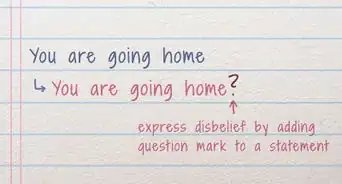
How to
Change a Statement to Question
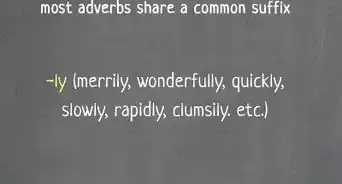
How to
Identify Parts of Speech
 What does "2 Man" Mean?
What does "2 Man" Mean?
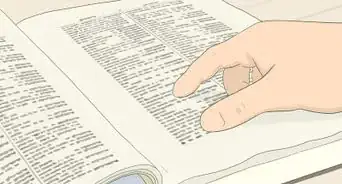
How to
Identify a Noun in a Sentence
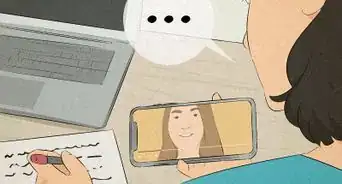
How to
Practice Speaking English Alone
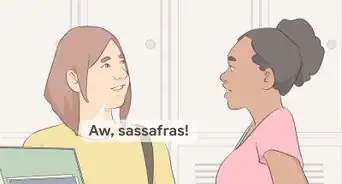
How to
Speak Proper English
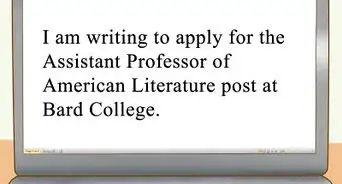
How to
Know when to Capitalize Job Titles

How to
Pass English

How to
Learn Prepositions

How to
Teach English Pronunciation

How to
Capitalize a Book Title
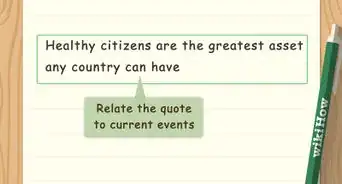
How to
Analyze a Quote
 What Does "Go Get Em" Mean?
What Does "Go Get Em" Mean?

How to
Deconstruct a Text
Advertisement
About This Article

Co-authored by:
Christopher Taylor, PhD
English Professor
This article was co-authored by Christopher Taylor, PhD. Christopher Taylor is an Adjunct Assistant Professor of English at Austin Community College in Texas. He received his PhD in English Literature and Medieval Studies from the University of Texas at Austin in 2014. This article has been viewed 6,553 times.
1 votes - 100%
Co-authors: 3
Updated: August 8, 2022
Views: 6,553
Categories: English
Advertisement



